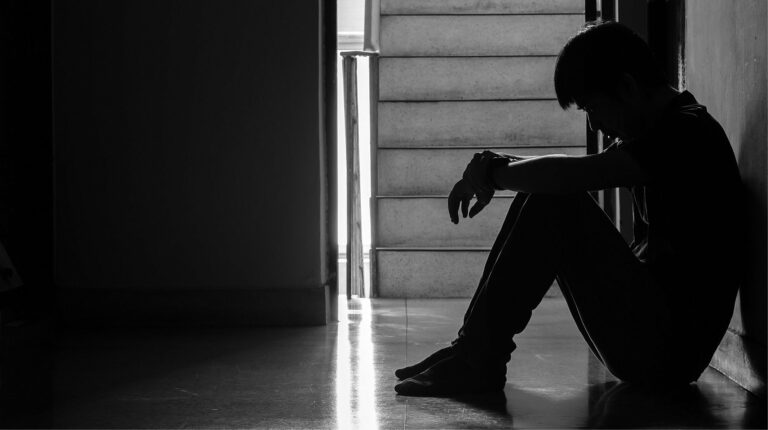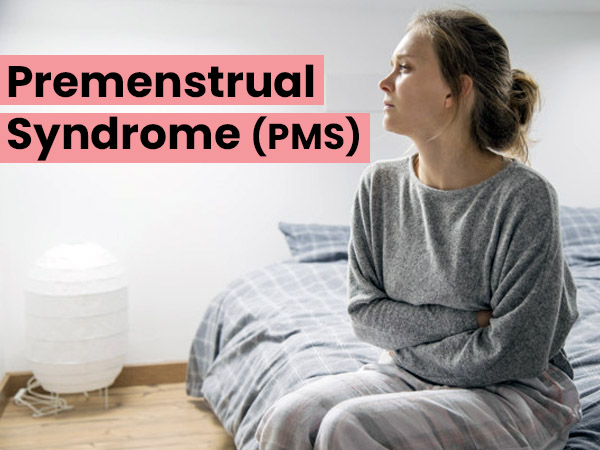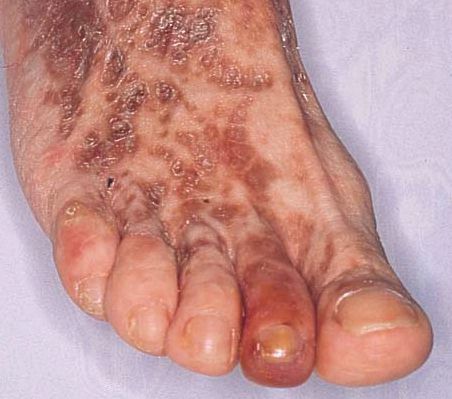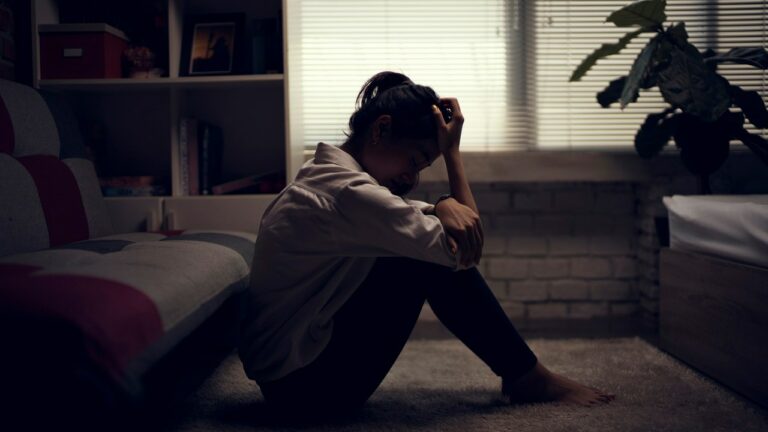Insect Bites and Stings: Don’t scratch insect bites!
Author: Giselle Robel
Giselle Robel
Category: Health
Most insect bites and stings are not serious and will get better within a few hours or days.
But occasionally they can become infected, cause a severe allergic reaction (anaphylaxis) or spread serious illnesses such as Lyme disease and malaria.
Bugs that bite or sting include wasps, hornets, bees, horse flies, ticks, mosquitoes, fleas, bedbugs, spiders, and midges.
Most reactions to insect bites and stings are mild, causing little more than redness, itching, stinging, or minor swelling. Rarely, insect bites and stings, such as from a bee, a wasp, a hornet, a fire ant, or a scorpion, can result in severe reactions. Some insects also carry diseases, such as the West Nile virus.
Symptoms of insect bites and stings
 Types of Insect Bites and Sting
Types of Insect Bites and Sting
Insect bites and stings will usually cause a red, swollen lump to develop on the skin. This may be painful and in some cases can be very itchy.
The symptoms will normally improve within a few hours or days, although sometimes they can last a little longer.
Some people have a mild allergic reaction and a larger area of skin around the bite or sting becomes swollen, red, and painful. This should pass within a week.
Occasionally, a severe allergic reaction can occur, causing symptoms such as breathing difficulties, dizziness, and a swollen face or mouth. This requires immediate medical treatment.
For mild reactions
To take care of an insect bite or sting that causes a mild reaction:
- Move to a safe area to avoid more bites or stings.
- If needed, remove the stinger.
- Wash the area with soap and water.
- Apply a cool compress. Use a cloth dampened with cold water or filled with ice. This helps reduce pain and swelling. If the injury is on an arm or leg, elevate it.
- Apply 0.5 or 1 percent hydrocortisone cream, calamine lotion or a baking soda paste to the bite or sting several times daily until your symptoms go away.
- Take an antihistamine (Benadryl, others) to reduce itching.
Usually, the signs and symptoms of a bite or sting disappear in a day or two. If you’re concerned even if your reaction is minor call your doctor.
What to do if you’ve been bitten or stung
To treat an insect bite or sting:
- remove the sting or tick if it’s still in the skin
- wash the affected area with soap and water
- apply a cold compress (such as a flannel or cloth cooled with cold water) or an ice pack to any swelling for at least 10 minutes
- raise or elevate the affected area if possible, as this can help reduce swelling
- avoid scratching the area, to reduce the risk of infection
- avoid traditional home remedies, such as vinegar and bicarbonate of soda, as they’re unlikely to help
The pain, swelling, and itchiness can sometimes last a few days. Ask your pharmacist about medicines that can help, such as painkillers, creams for itching, and antihistamines.
When to get medical advice
- you’re worried about a bite or sting
- your symptoms do not start to improve within a few days or are getting worse
- you’ve been stung or bitten in your mouth or throat, or near your eyes
- a large area (around 10cm or more patch of skin) around the bite becomes red and swollen
- you have symptoms of a wound infection, such as pus or increasing pain, swelling or redness
- you have symptoms of a more widespread infection, such as a high temperature, swollen glands and other flu-like symptoms
When to get emergency medical help
Call for an ambulance immediately if you or someone else has symptoms of a severe reaction, such as:
- wheezing or difficulty breathing
- a swollen face, mouth or throat
- feeling sick or being sick
- a fast heart rate
- dizziness or feeling faint
- difficulty swallowing
- loss of consciousness
Emergency treatment in hospitals is needed in these cases.
Prevent insect bites and stings
There are some simple precautions you can take to reduce your risk of being bitten or stung by insects.
For example, you should:
- remain calm and move away slowly if you encounter wasps, hornets or bees - don’t wave your arms around or swat at them
- cover exposed skin by wearing long sleeves and trousers
- wear shoes when outdoors
- apply insect repellent to exposed skin - repellents that contain 50% DEET (diethyltoluamide) are most effective
- avoid using products with strong perfumes, such as soaps, shampoos and deodorants - these can attract insects
- be careful around flowering plants, rubbish, compost, stagnant water, and in outdoor areas where food is served
You may need to take extra precautions if you’re traveling to parts of the world where there’s a risk of serious illnesses. For example, you may be advised to take antimalarial tablets to help prevent malaria.













